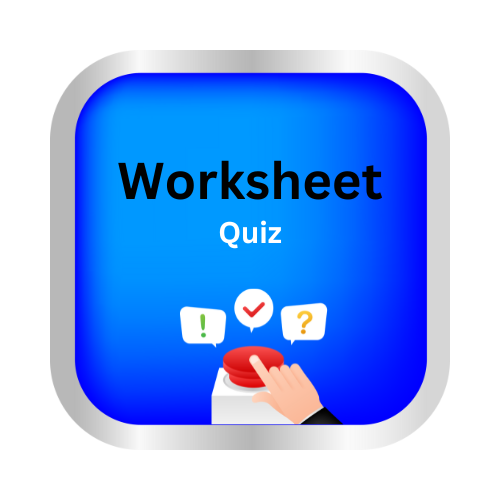Is the word an adjective or adverb?
Key Notes:
🌟 Is the Word an Adjective or Adverb? 🌟
| What is an Adjective? 🟢 |
Definition: An adjective describes a noun or pronoun.
It tells:
- What kind? – a red apple 🍎
- Which one? – this book 📖
- How many? – three cats 🐱🐱🐱
Clue words: Usually comes before a noun or after is/are/was/were.
Examples:
- The happy boy 😊 is playing.
- She is beautiful 🌸.
- I have a big bag 🎒.
| What is an Adverb? 🔵 |
Definition: An adverb describes a verb, adjective, or another adverb.
It tells:
- How? – She runs fast 🏃♀️
- When? – He came yesterday ⏰
- Where? – The dog sleeps outside 🐕
- To what extent? – I am very happy 😃
Clue words: Often ends with -ly, but not always!
Examples:
- She sings beautifully 🎤.
- He spoke loudly 📢.
- The cat moved quietly 🐈.
| Tips to Identify Adjectives vs Adverbs 📝 |
| Question to Ask | If YES → It’s probably… | Example |
|---|---|---|
| Does it describe a noun/pronoun? | Adjective 🟢 | green 🌿 leaves |
| Does it describe a verb, adjective, or adverb? | Adverb 🔵 | run quickly 🏃 |
| Can it fit after is/are/was/were? | Adjective 🟢 | She is happy 😄 |
| Does it answer how, when, where, how much? | Adverb 🔵 | He spoke softly 🗣️ |
| Quick Trick to Remember 💡 |
- Adjective = describes a thing 🏠
- Adverb = describes an action or description 🏃💨
| Mini Practice ✏️ |
- The girl runs fast. → ❓
- I have a blue bag. → ❓
- He sings loudly. → ❓
- The flowers are beautiful. → ❓
(Answers: adverb, adjective, adverb, adjective) ✅
Let’s practice!🖊️
Pages: 1 2

